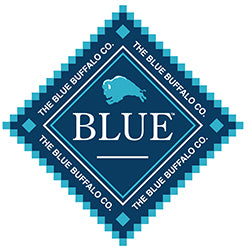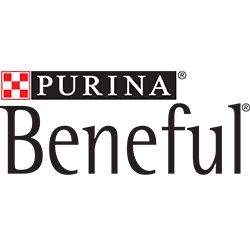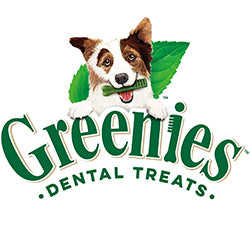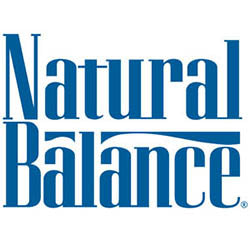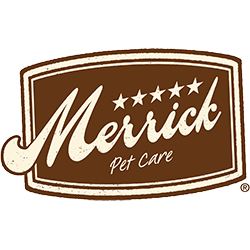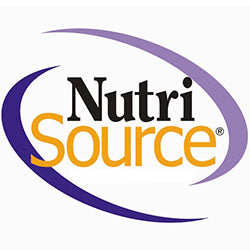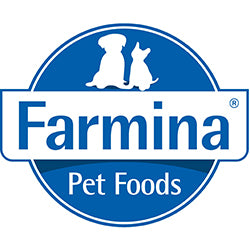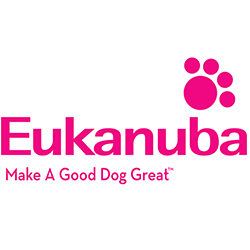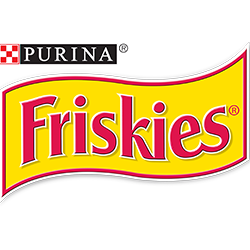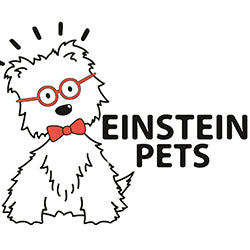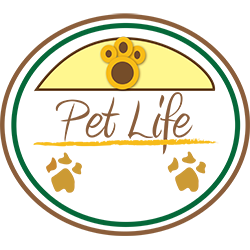News
How to deal with pet allergies in children


July 26, 2023
How to deal with pet allergies in children
Pets have become an indispensable part of many families. They offer companionship, teach responsibility, and...
Understanding Pet Behavior and How to Communicate With Them


July 25, 2023
Understanding Pet Behavior and How to Communicate With Them
Pets are an essential part of our lives. They offer companionship, emotional support, and sometimes,...
How to choose the right pet food for your pet
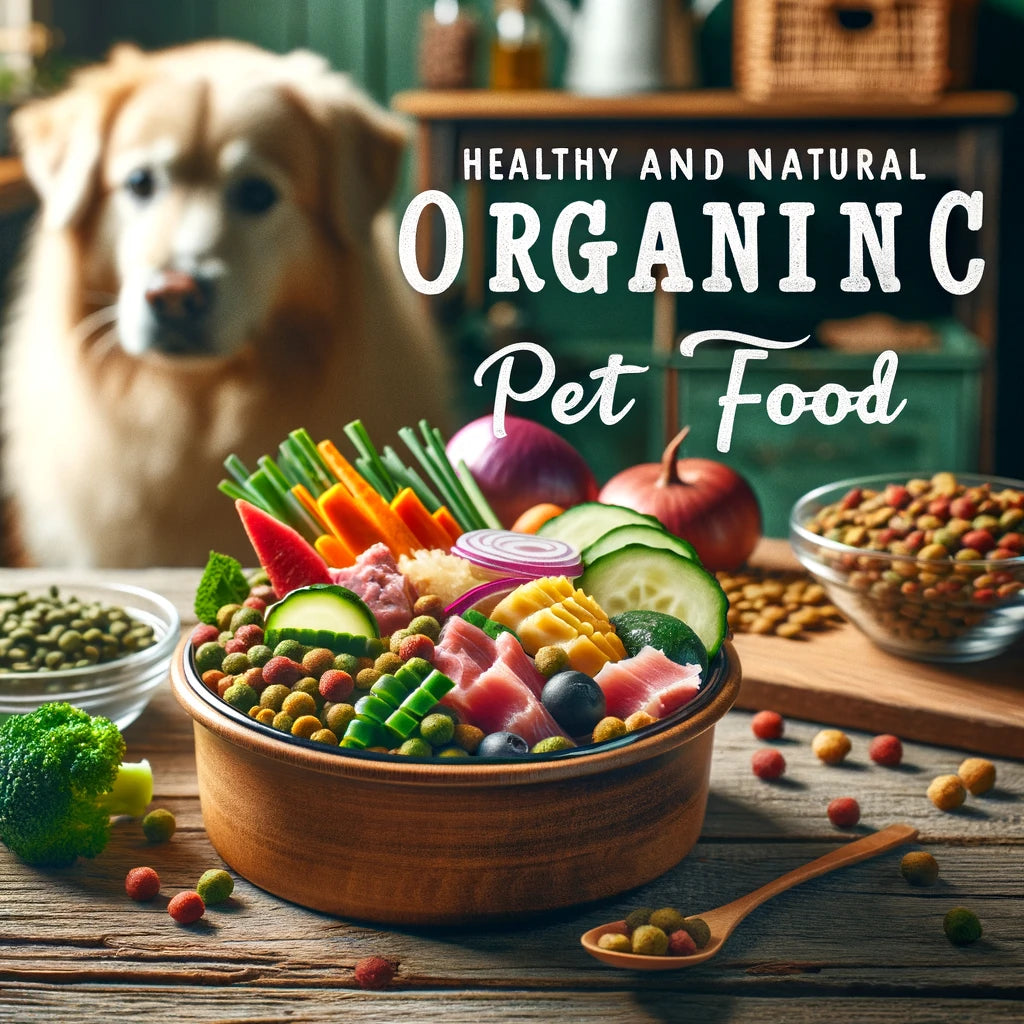

July 24, 2023
How to choose the right pet food for your pet
I. Introduction Choosing the right food for your pet is one of the most crucial...
Handling Pet Aggression Towards Other Animals


July 23, 2023
Handling Pet Aggression Towards Other Animals
Pet aggression towards other animals is a complex issue that can be challenging for pet...
Effective Methods for Mitigating Pet Aggression Towards Other Animals


June 9, 2023
Effective Methods for Mitigating Pet Aggression Towards Other Animals
Pets offer an enriching companionship that's hard to match. However, handling situations where pets exhibit...
Comprehending Pet Parasites and Implementing Preventive Measures
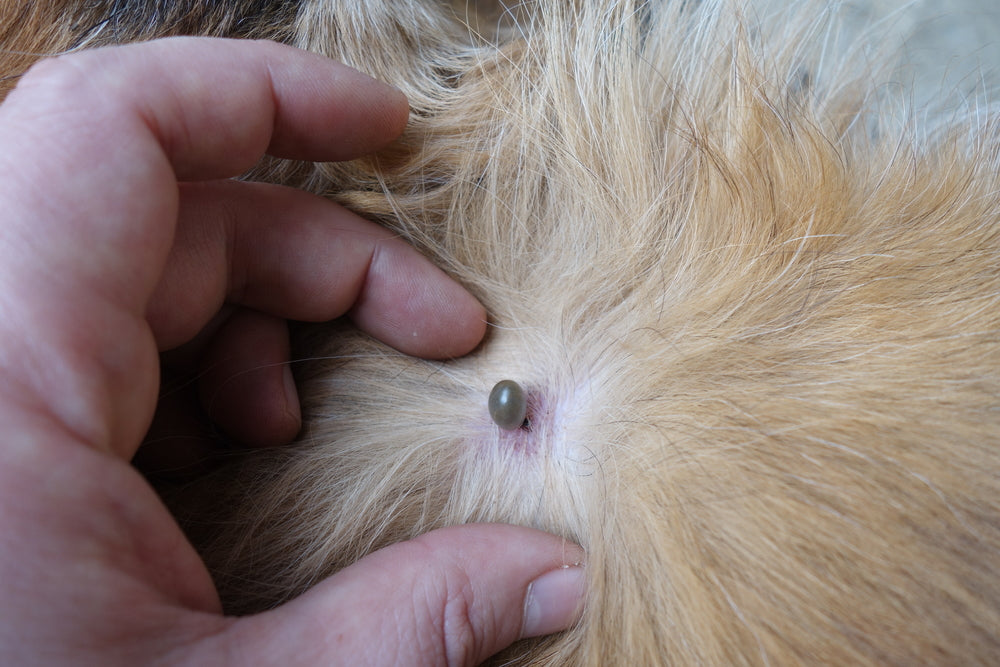

June 8, 2023
Comprehending Pet Parasites and Implementing Preventive Measures
Pets are wonderful companions, enriching our lives with their playful spirit and unconditional love. However,...
A Pawsitive Guide: How to Deal with Pet Separation Anxiety When You're Away


June 7, 2023
A Pawsitive Guide: How to Deal with Pet Separation Anxiety When You're Away
Separation anxiety in pets is a prevalent issue that primarily affects dogs but can afflict...
Unleashing Joy: Best Ways to Keep Your Pet Entertained
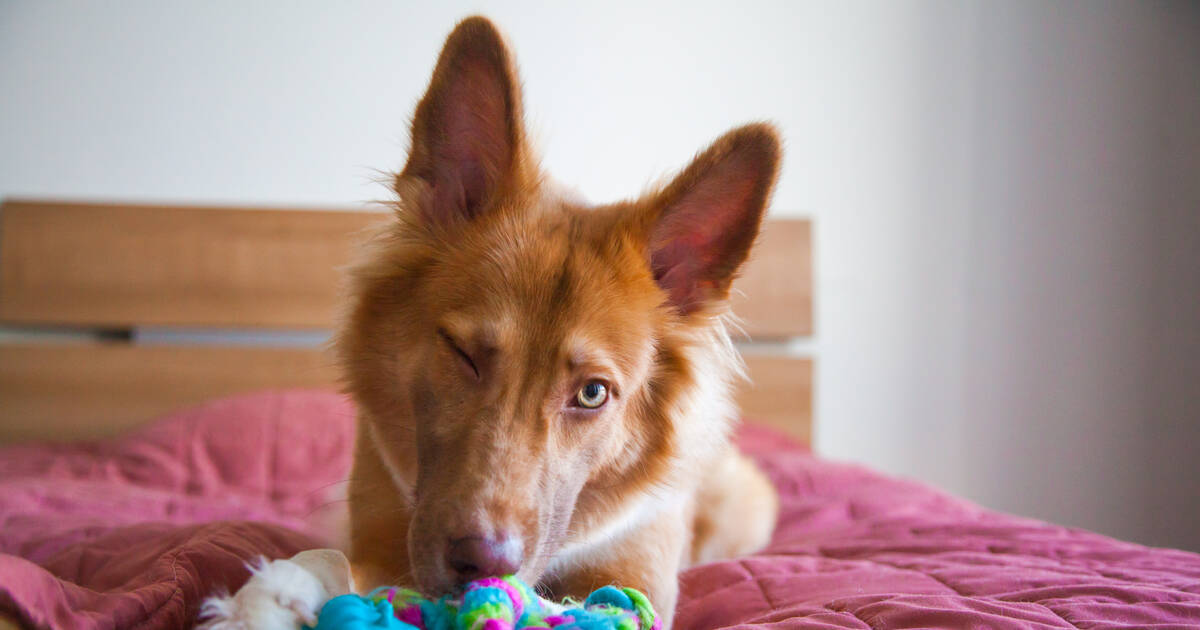

June 6, 2023
Unleashing Joy: Best Ways to Keep Your Pet Entertained
Pets, much like humans, need physical, mental, and emotional stimulation to maintain their well-being. A...
Understanding pet microchipping
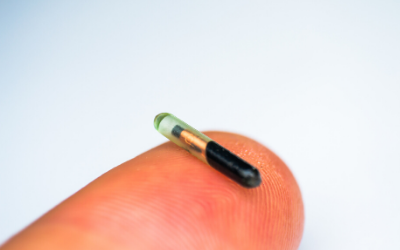

June 5, 2023
Understanding pet microchipping
Over the past decade, the use of pet microchips has significantly increased, becoming a fundamental...
Best ways to introduce your pet to children


June 4, 2023
Best ways to introduce your pet to children
Becoming a pet owner can be one of the most rewarding experiences in life. They...
Navigating Pet Fear: A Comprehensive Guide to Handling Vet-Visit Anxiety
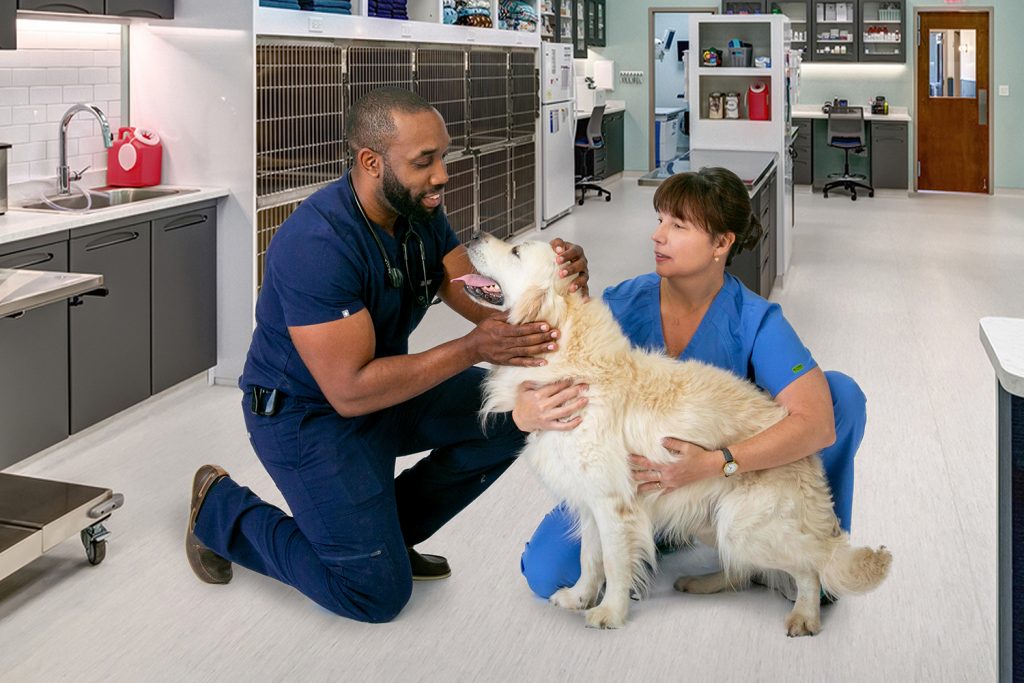

June 2, 2023
Navigating Pet Fear: A Comprehensive Guide to Handling Vet-Visit Anxiety
A trip to the vet clinic often spells a cocktail of mixed feelings for most...
Understanding the importance of dental care for pets


June 1, 2023
Understanding the importance of dental care for pets
Pets Need Dentists Too: Unraveling the Significance of Dental Care for Our Furry FriendsWhen we...
5 of 23
- Choosing a selection results in a full page refresh.

